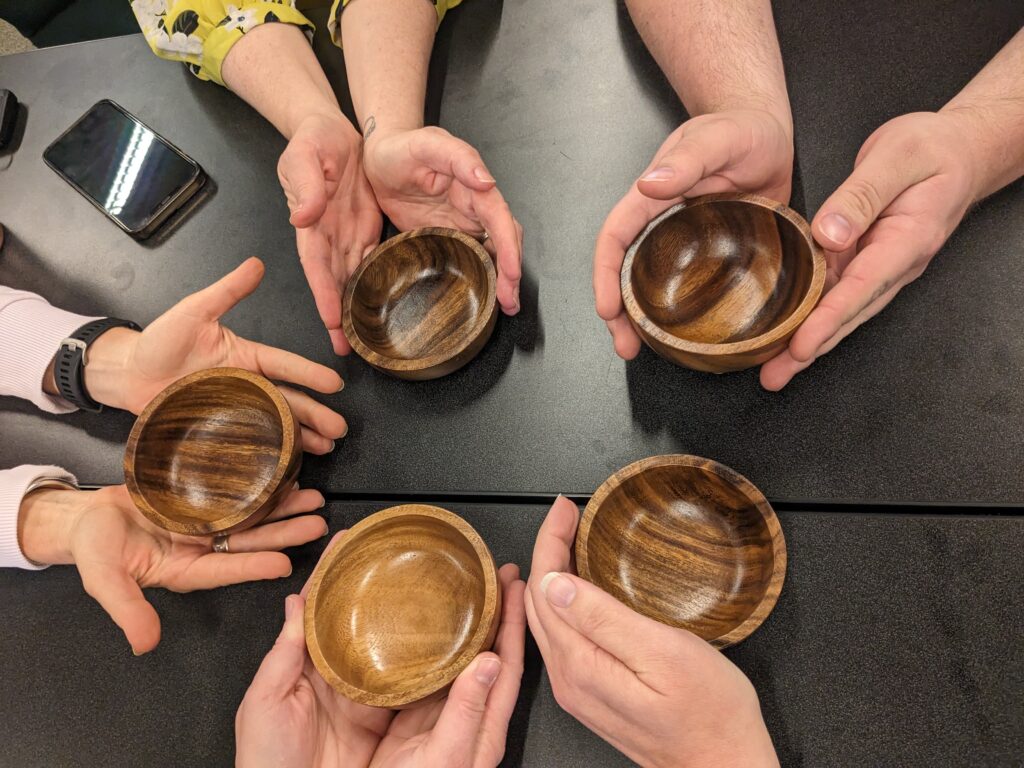Every time I meet with a prospective patient, I share a critical piece of information: Our relational “fit” is critical to the success of their therapy.
Therapeutic Alliance

We call this the therapeutic alliance, and it is essential for good psychotherapy. This “fit” or “alliance” isn’t just about getting along with each other, it’s about establishing trust, safety, and respect, so that therapist and patient can be authentic in their interactions with each other. Without this alliance, the collaborative work of therapy falls flat and becomes a performance. There must be a genuine connection for progress to be made.
Now, this doesn’t mean that the relationship will always feel good. Psychotherapy is hard work and it is not uncommon for tensions to arise between therapist and patient – a patient may be frustrated that their therapist isn’t “giving them a straightforward answer” or irritated that their therapist is on vacation and unavailable for a few weeks – however, these are the moments that allow us to enter in together, with mutual trust, respect, and safety, to explore what is happening rather than turning away and ignoring the big feelings that are surfacing. A therapeutic alliance isn’t always about liking the other person, it’s about feeling safe enough to be honest and vulnerable with them.
The Work of The Therapist
Research1 supports this claim that the fit or therapeutic alliance matters and is an indicator of therapeutic progress and patient wellbeing. It also supports the claim that fit and alliance aren’t synonyms for agreement and getting along. This work of collaborating and building mutual respect is a two-way street that requires both parties to be flexible and adaptive. In some ways, this is the patient’s work in therapy – to more easily be able to navigate life’s difficult moments – but it is also the work of the therapist. Therapists are not all-knowing, perfect gurus who have everything figured out, they are also human and also must do their own ongoing work. Therapists must engage their own experiences with honesty and vulnerability, so that they can relate to their patients’ experiences thoughtfully.2
Relationship and Community

As already stated, therapy isn’t easy. It requires both the patient and therapist to commit to doing hard, reflective work, both individually, and more importantly, together. I say “more importantly,” because it is in this piece of doing the work together where we see growth. I believe that the therapeutic alliance and patient/therapist “fit” is so critical for the success of psychotherapy because it reminds us that we are not alone – we get to experience someone caring and supporting us while also challenging us to be honest about the painful parts of our lives. With a safe person or community by our side, the scary things feel less scary, and we learn that we don’t have to hide from them. This is true for individuals in therapy as well as therapists themselves, and why I think it is important for therapists to be in their own therapy, or at a minimum a part of a reflective consultation group. We are better in relationship with one another and in safe communities where we can be our authentic selves.
This is why your therapist matters and I encourage my patients to be reflective about our fit when working together. It’s important to be connected to another person, who you can be honest with, and who is not only committed to helping you do your work, but also doing their own work themselves.
Footnotes
1 In this case, “Research” is a pretty generic statement intentionally as there are many sources out there to substantiate this claim. However, for the sake of this article, here are two such sources:
- DeAngelis, T. (2019, November 1). Better relationships with patients lead to better outcomes. Monitor on Psychology, 50(10). https://www.apa.org/monitor/2019/11/ce-corner-relationships
- Prusiński T. (2022) The strength of alliance in individual psychotherapy and patient’s wellbeing: The relationships of the therapeutic alliance to psychological wellbeing, satisfaction with life, and flourishing in adult patients attending individual psychotherapy. Front Psychiatry, 13:827321. https://doi.org/10.3389/fpsyt.2022.827321
2 I briefly talk about this in a speech I gave at my graduation ceremony (which was a complete honor to be chosen by my peers to do so). A short clip of the speech can be watched on YouTube

Leave a Reply